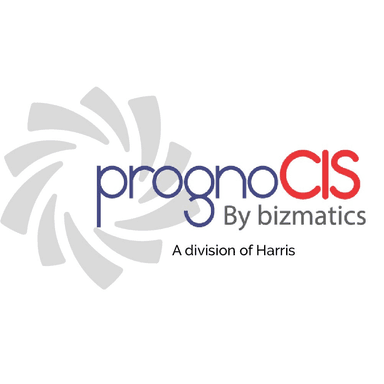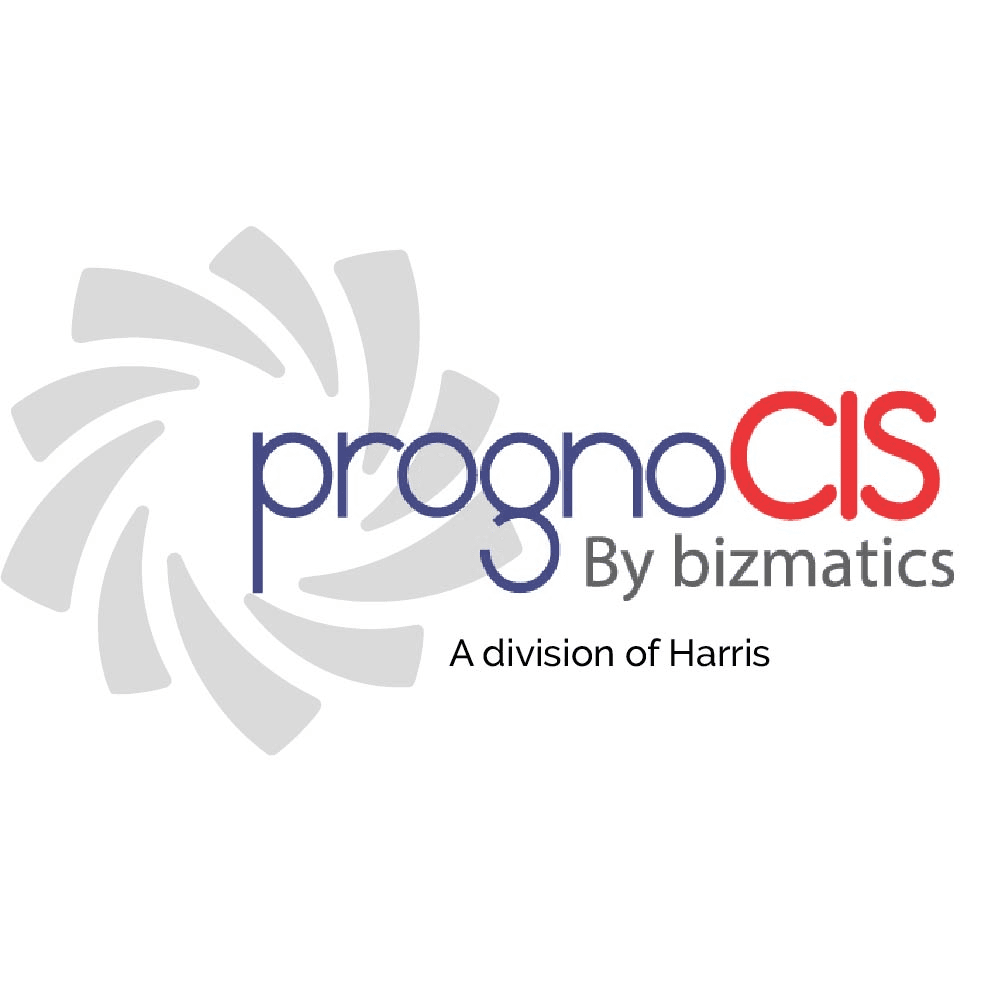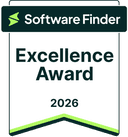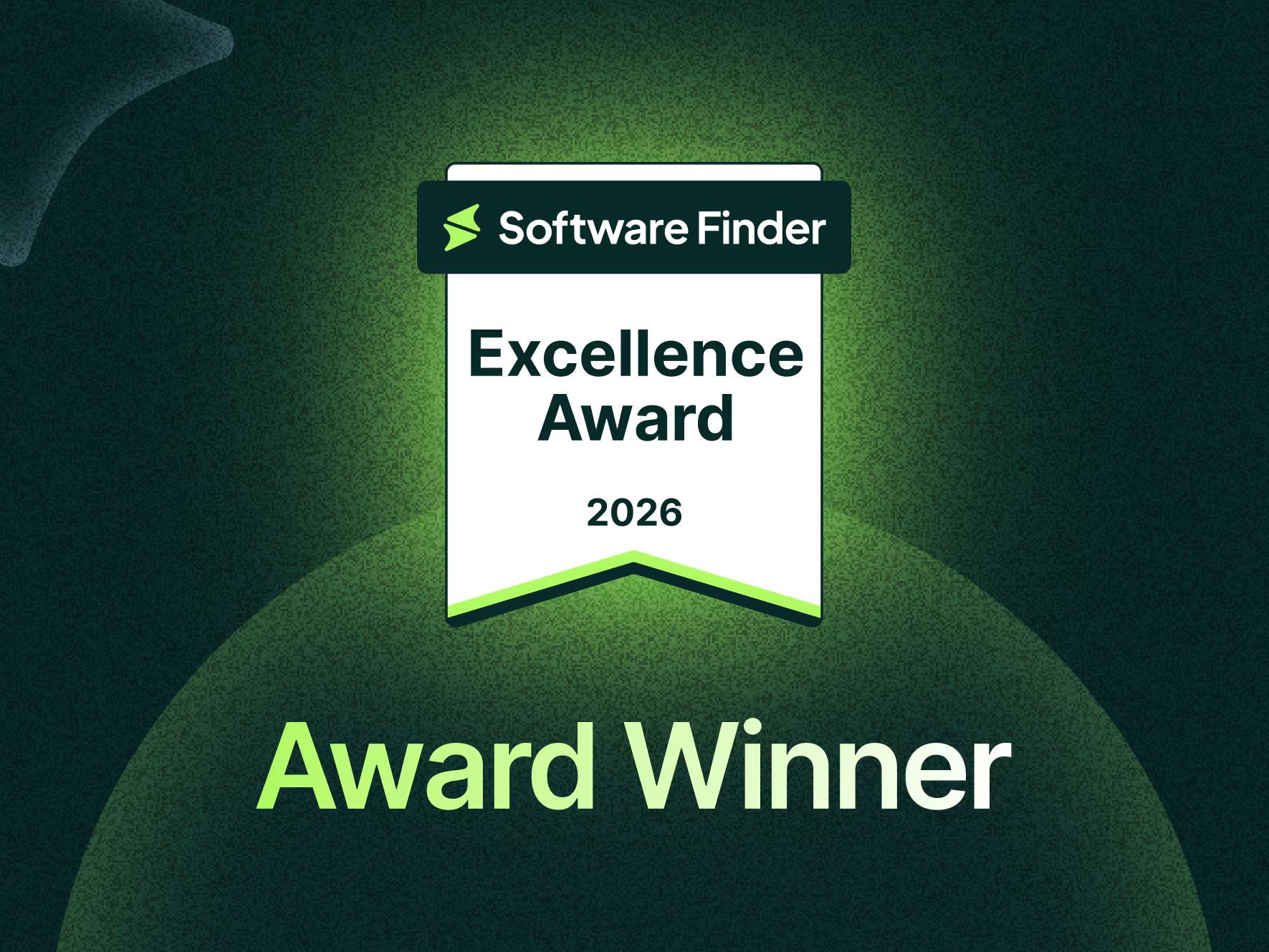While Practice Velocity is a leading EHR solution, there are many other effective options available. Practice Velocity Alternatives like athenahealth, NextGen EHR, and AdvancedMD offer comparable features and functionalities. Based on user feedback and reviews, these alternatives provide comprehensive EHR systems, often incorporating clinical, financial, and administrative tools. Choosing the right EHR solution depends on individual practice needs and preferences. This page explores top Practice Velocity alternatives and their key features to help you make an informed decision.
The Best Practice Velocity Alternatives
Select up to 2 products
Compare Features
Feature List | Practice Velocity |  PrognoCIS EHR |  ChartLogic | Allscripts EMR | AdvancedMD |
|---|---|---|---|---|---|
Appointment Management/Scheduling | |||||
e-Prescriptions | |||||
Lab Integration | |||||
Patient Portal | |||||
Mobile App | |||||
Telemedicine | |||||
Billing and Invoicing | |||||
Claims Management | |||||
Customizable Forms | |||||
Patient Demographics |
Make decisions with real reviews from real users
Choosing the right Practice Velocity alternative software is crucial for healthcare practices looking to streamline their operations, improve patient care, and boost efficiency. While Practice Velocity has been a reliable option for urgent care centers and similar settings, it offers features such as collaborative tools, patient engagement portals, and revenue cycle management (RCM).
However, it may not always meet every user's specific needs or expectations. Challenges like limited customization, difficulty scaling for growing practices, or lack of certain features can lead many to seek alternative solutions. The good news is that several advanced electronic health record (EHR) alternatives to Practice Velocity are available, each equipped with powerful features.
Whether you need smooth telehealth integration, comprehensive reporting tools, or a user-friendly interface for your team, finding the right solution can significantly improve the way your practice functions. Each software on this list has been thoroughly reviewed to ensure it meets industry standards, offering a blend of functionality, ease of use, and flexibility. By carefully considering the top alternatives, you can position your practice to provide top-tier care while staying efficient and adaptable.
Ready to start your alternative search journey? Let’s dive in!
Our Best Practice Velocity Alternatives Picks
Software Name | Key Advantage Over Practice Velocity | Notable Features |
NextGen Office EHR |
|
|
athenaOne |
|
|
AdvancedMD EHR |
|
|
eClinicalWorks |
|
|
SimplePractice |
|
|
DrChrono EHR |
|
|
Cerner EMR |
|
|
Allscripts EMR |
|
|
PrognoCIS |
|
|
ChartLogic |
|
|
1.NextGen Office EHR
NextGen Office EHR is a broad practice management solution that offers an advanced spectrum of functionalities to meet the goal of practices for effective patient treatment. These functionalities are patient portals, telemedicine, analytics, and more, enhancing the ability of practices to deliver high-quality, patient-centered care.
While Practice Velocity is a specialized tool for urgent care, NextGen is a more suitable choice for general practices that require a detailed compliance reporting system, placing it as one of the most suitable Practice Velocity alternatives.
Some of its essential features are:
- Customizable templates
- Telehealth tools
- Lab integrations
- Robust mobile functionality
What Are The Pros And Cons Of NextGen Office EHR?
Pros | Cons |
|
|
How Much Does NextGen Office EHR Cost?
The vendor provides personalized pricing plans based on the practice size and requirements.
2. athenaOne
athenaOne is a cloud-based EHR solution known for its best revenue cycle management and billing features. Some of the specialties supported are described, and other tools include patient portals, appointment scheduling, and telehealth.
It has unique billing options and is particularly notable for its focus on urgent care. This makes it an ideal choice for practices seeking to improve financial performance, positioning it as a strong alternative to Practice Velocity.
The key features of athenaOne include:
- RCM tools
- Analytics and reporting
- Claims management
- Patient communication
What Are The Pros And Cons Of athenaOne?
Pros | Cons |
|
|
How Much Does athenaOne Cost?
The vendor offers custom pricing quotes based on feature requirements.
3. AdvancedMD EHR
AdvancedMD EHR software specializes in practice management and has excelled in administrative facets like scheduling, billing, and reporting. It is ideal for mid-to-large-tier practices searching for a solution that can be quickly scaled up when necessary. It includes a telehealth feature and patient communication tools, which are highly valued by patient-focused practices.
While both systems address the bulky workflow, AdvancedMD is designed for practice growth and, therefore, more appropriate for large practices. AdvancedMD has more reporting tools, and its business model focuses on offering broader EHR functionalities, which makes it one of the popular Practice Velocity alternatives.
The notable features include:
- Integrated billing
- Patient scheduling
- Appointment reminders
- Patient portal
What Are The Pros And Cons Of AdvancedMD EHR?
Pros | Cons |
|
|
How Much Does AdvancedMD EHR Cost?
The vendor provides custom pricing based on the practice’s specific needs.
4. eClinicalWorks
eClinicalWorks is a functional electronic medical record (EMR) with numerous practice management and patient communication options. Its main advantage lies in its refined focus on organizing and analyzing population health, which allows practices to better manage the care of patients. Additionally, eClinicalWorks incorporates telemedicine and offers robust billing integration.
While specializing in urgent care, Practice Velocity has been great; conversely, for practices that value population health strategies, eClinicalWorks is considered perfect. Due to its analytics functionalities, the application is ideal for practices requiring patient demographic data, which places it in our Practice Velocity alternatives list.
The key features of eClinicalWorks are:
- Cloud-based access
- Population health management
- Automated billing
- Appointment management
What Are The Pros And Cons Of eClinicalWorks?
Pros | Cons |
|
|
How Much Does eClinicalWorks Cost?
It offers three pricing plans, including:
- EHR Only: $449/month/provider
- EHR with Practice Management: $599/month/provider
- RCM as a Service: 2.9% of practice collections
Disclaimer: The prices are subject to change.
5. SimplePractice
SimplePractice is an easy-to-use practice management system widely used by practitioners with small to medium-sized practices. It has an alarm clock, telehealth, and documentation, making it a patient management tool worth embracing. It also has mobile compatibility, benefiting clinicians who need to check their schedules on the go.
Though Practice Velocity is developed to support urgent care centers, SimplePractice is known to be ideal for practices that seek straightforward navigation. It is particularly preferred by practices with a limited workforce that want an efficient tool for communication and appointment setting, positioning it as a viable alternative option.
The key features are as follows:
- Documents management
- Note-taking templates
- HIPPA compliance
- Payment processing
What Are The Pros And Cons Of SimplePractice?
Pros | Cons |
|
|
How Much Does SimplePractice Cost?
It offers three pricing plans with a free 30-day trial. The plans include:
- Starter: Starting at $29/month
- Essential: Starting at $69/month
- Plus: Starting at $99/month
Disclaimer: The prices are subject to change.
6. DrChrono EHR
DrChrono EHR is quite a solid contender, offering integrated practice management and billing within its platform. It is particularly known for its flexible clinical note-keeping and compatibility with many other applications. The solution also has a great patient outreach element, including a waitlist, check-in kiosks, and a patient portal.
While Practice Velocity is developed primarily in the urgent care sector, DrChrono EHR provides a more extensive number of tools that can be useful for practices of various types. The unique pathways for patient relations and various reminder options make it one of the leading Practice Velocity alternatives.
The notable features include:
- Appointment management
- Lab integrations
- E-prescription tools
- Multiple templates
What Are The Pros And Cons Of DrChrono EHR?
Pros | Cons |
|
|
How Much Does DrChrono EHR Cost?
The vendor offers four customized pricing plans, including:
- Prometheus
- Hippocrates
- Apollo
- Apollo Plus
7. Cerner EMR
Cerner EMR is famous for its scalability and compatibility with many systems. It is an ideal solution for healthcare facilities with diverse needs, such as hospitals and large clinics, offering detailed data analysis and patient interconnectivity tools.
While Practice Velocity may be more suitable for smaller or urgent care clinics, Cerner provides advanced functionality for larger practices requiring an integrated, high-performance system. The wide recognition of Cerner EMR makes it one of the best Practice Velocity alternatives.
The best features of Cerner EMR are:
- Advanced analytics
- Charting tools
- Data management
- Telemedicine tools
What Are The Pros And Cons Of Cerner EMR?
Strengths | Weaknesses |
|
|
How Much Does Cerner EMR Cost?
The vendor offers customized pricing plans based on practice size and requirements.
8. Allscripts EMR (Now Known As Veradigm EHR)
Allscripts EMR is a leading provider of EMR and EHR systems, widely implemented across various healthcare organizations. It offers a detailed solution that serves specific markets and integrates with other healthcare systems to exchange patient data. It is especially popular for data analytics applications, allowing practices to monitor the results comprehensively and efficiently.
Allscripts EMR is more favored by facilities requiring detailed and data-driven analytics. Also, the ability to integrate it with other systems makes it appropriate for use in practices within large healthcare organizations, placing it as one of the best Practice Velocity alternatives.
The key features of Allscripts EMR include:
- Mobile accessibility
- Telehealth integrations
- Claims management
- Specialty-specific templates
What Are The Pros And Cons Of AllScripts EMR?
Pros | Cons |
|
|
How Much Does AllScripts EMR Cost?
The vendor offers two pricing plans, including:
- Veradigm ePrescribe: Starting at $59/month/prescriber
- Practice Fusion EHR: Starting at $149/month
9. PrognoCIS
PrognoCIS is a popular medical practice management tool for any specialty. It enables healthcare providers to customize workflows according to the requirements of the practice. Additionally, it comes with billing, telemedicine, and patient engagement features.
While Practice Velocity EHR is primarily dedicated to urgent care, there are more versatile opportunities to use PrognoCIS. It is most useful for practices interested in telemedicine features and an automated billing system. The customization option found within PrognoCIS makes it an ideal fit for clinicians who want a system that will change and grow with them, making it part of our leading Practice Velocity alternatives.
The notable features of PrognoCIS are:
- E-prescription
- Billing tools
- Customizable charts
- Patient engagement tools
What Are The Pros And Cons Of PrognoCIS?
Pros | Cons |
|
|
How Much Does PrognoCIS Cost?
The vendor offers functionality-based pricing that meets the practice’s specific needs.
10. ChartLogic
ChartLogic is a renowned EMR system that was developed to efficiently handle clinical documentation and patients with the help of speech recognition. This feature significantly enhances the documentation process, offering notable benefits, especially in practices with high patient turnover. ChartLogic features a clean, customizable design and integrates seamlessly with third-party solutions.
Although Practice Velocity EMR focuses on urgent care key activities, we have discovered that ChartLogic’s speech-to-text will be most attractive to other practices. This course is also good for clinicians with a patient load as it directs attention to fast documentation processes.
The key features include:
- Voice-enabled charting
- Robust reporting tools
- Patient schedulin
- Multi-specialty templates
What Are The Pros And Cons Of ChartLogic?
Pros | Cons |
|
|
How Much Does ChartLogic Cost?
The vendor offers personalized pricing quotes based on practice requirements.
How We Choose Our Best Practice Velocity Alternatives?
The alternatives listed above were thoughtfully chosen using clear criteria to ensure transparency and help you make informed decisions:
- Relevance To Medical Practices: We focused on solutions that cater to a range of practice sizes and specialties, meeting healthcare provider needs and processes
- User Feedback And Reviews: Real-world insights from trusted users played a key role in identifying the most preferred and reliable options for Practice Velocity alternatives
- Feature Comparison: Priority was given to platforms with robust EHR features, seamless integrations, and customization tools to enhance flexibility and efficiency
- Emerging Industry Trends: We favored solutions that embrace telehealth capabilities, powerful analytics tools, and scalable designs to align with the evolving requirements of modern healthcare.
We’ve compiled a well-rounded selection of the top ten Practice Velocity alternatives by relying on credible information and considering current industry demands.
Selecting The Ideal Practice Velocity Alternatives
Finding the right alternative to Practice Velocity involves understanding your practice’s unique needs and long-term objectives. The best EHR system should align with your workflow, patient demographic, and growth potential. Moreover, consider the most important features of your practice, such as telemedicine, billing, and patient communication tools. If your practice handles complex workflows, finding a system that offers flexibility and customization options is important.
Considering all these factors, you can confidently choose the best Practice Velocity alternative system that will best support your practice’s objectives and improve patient care and operational efficiency. Ready to make a switch? Contact us to get a tailored recommendation based on your priorities now!








